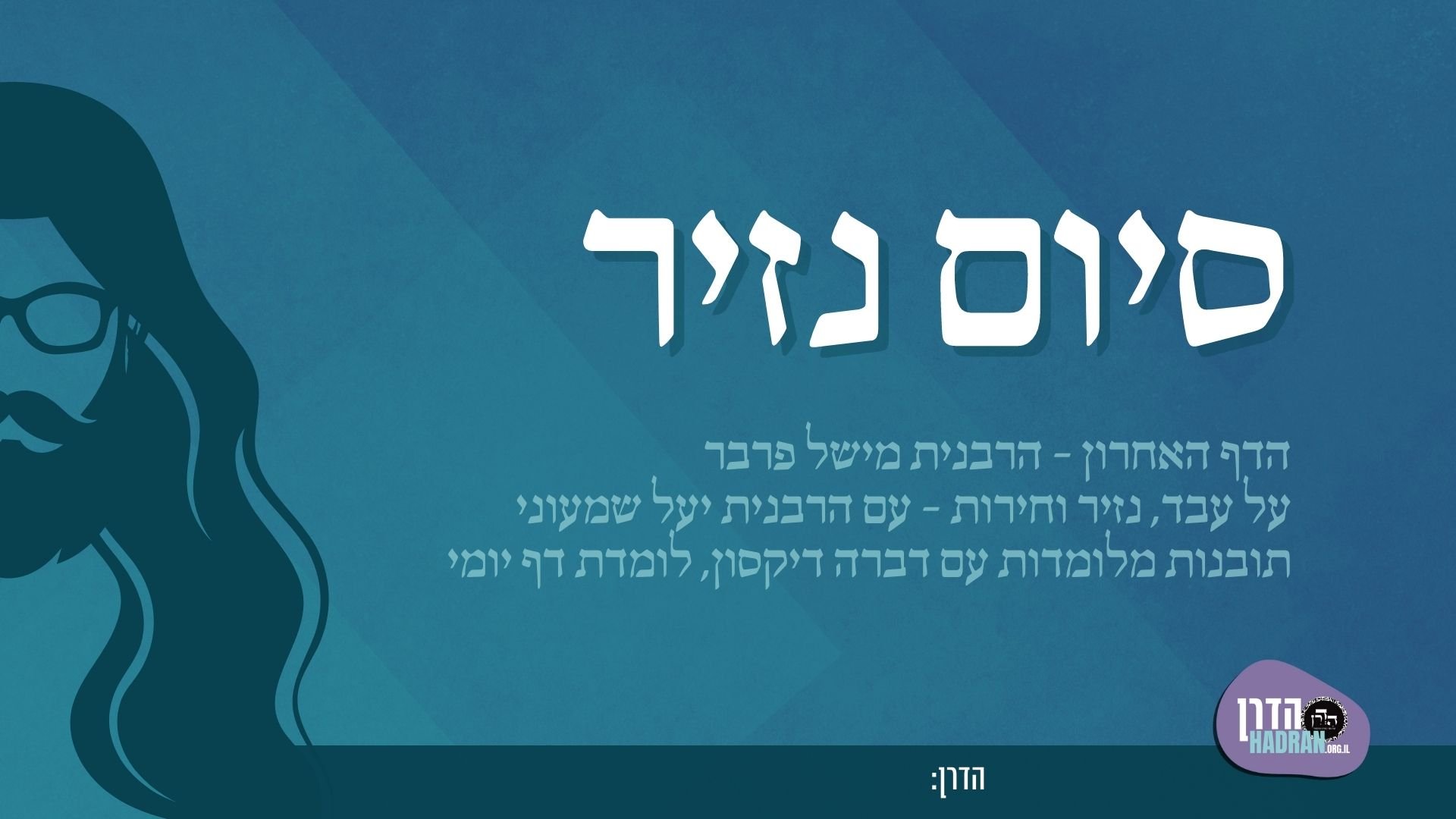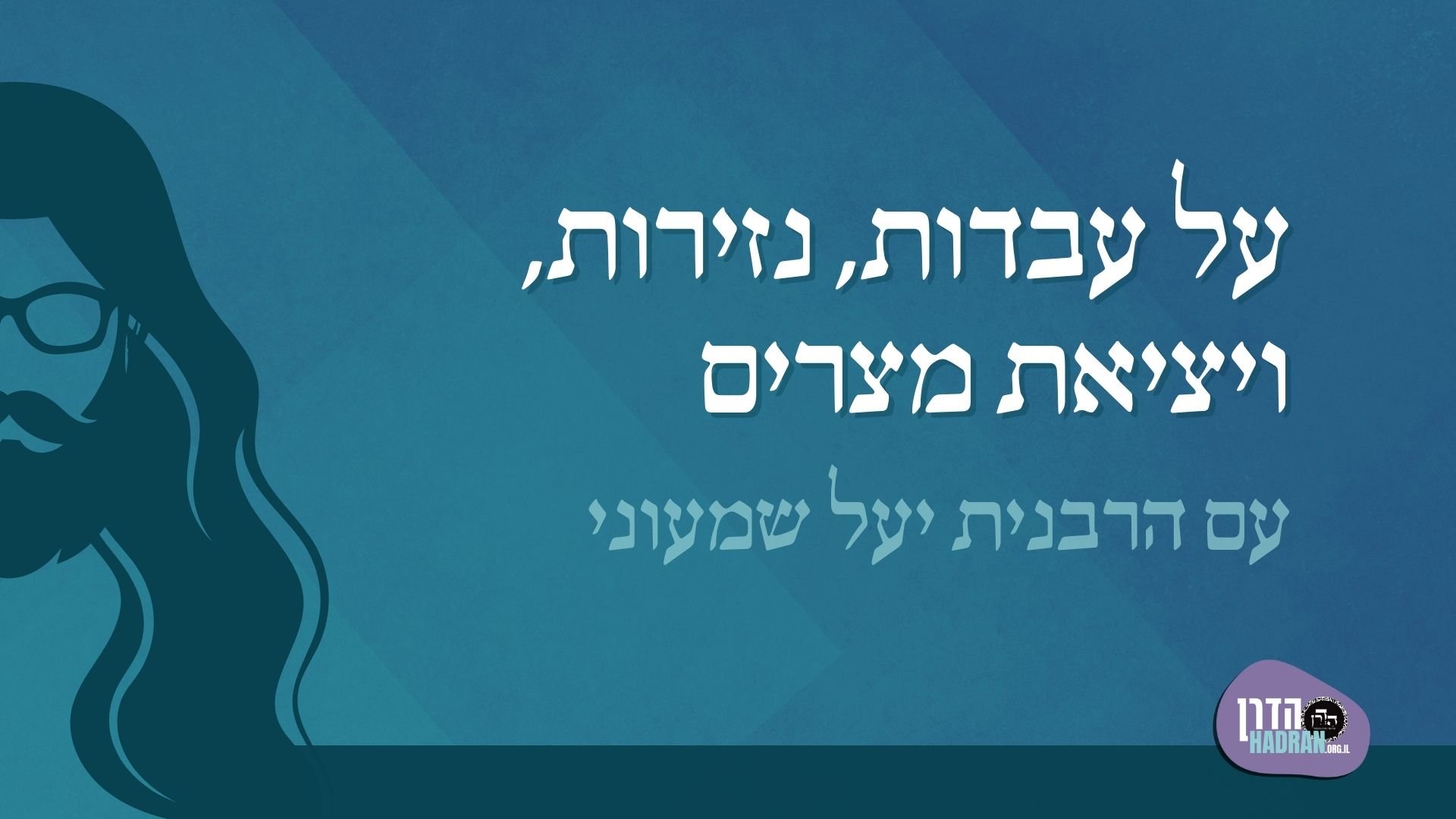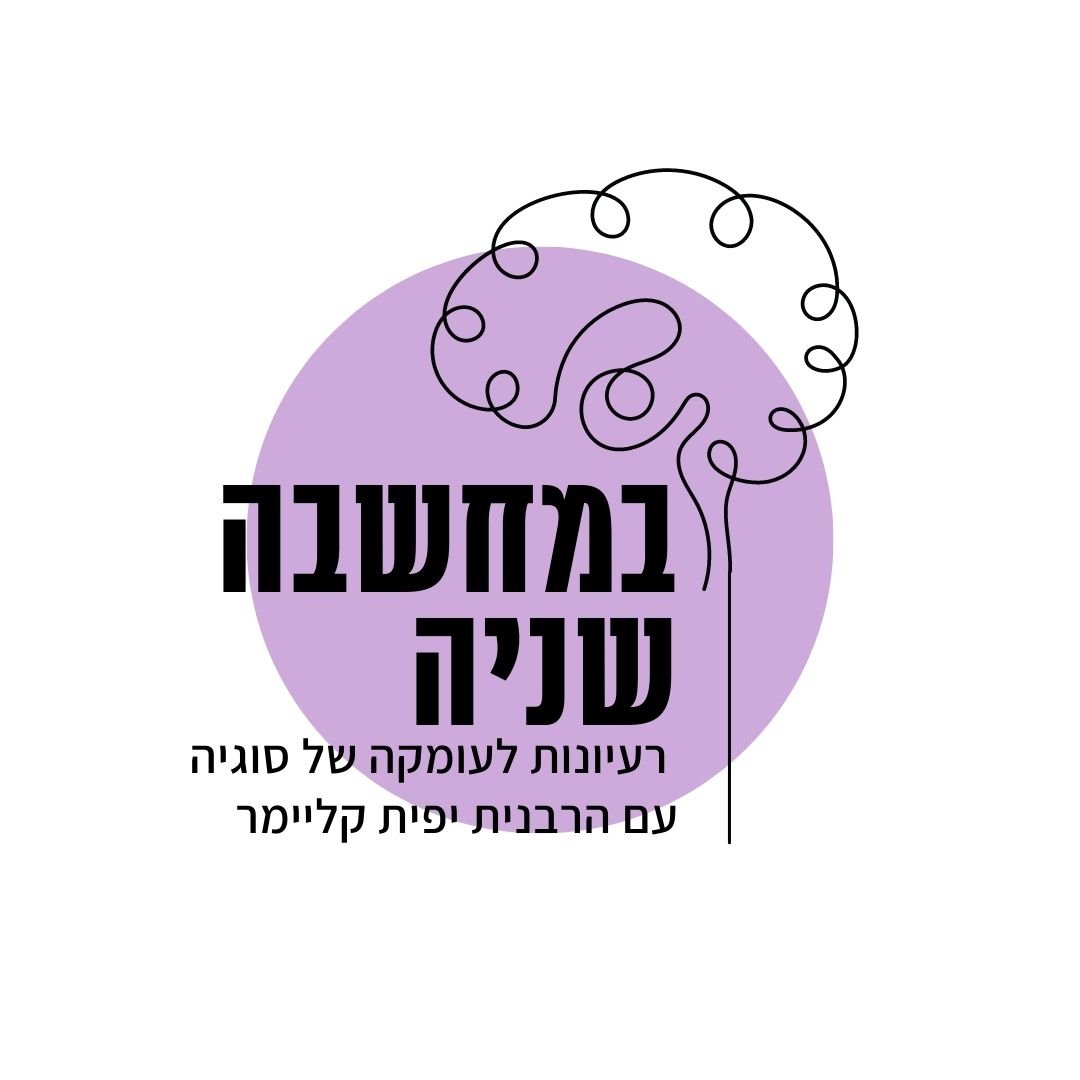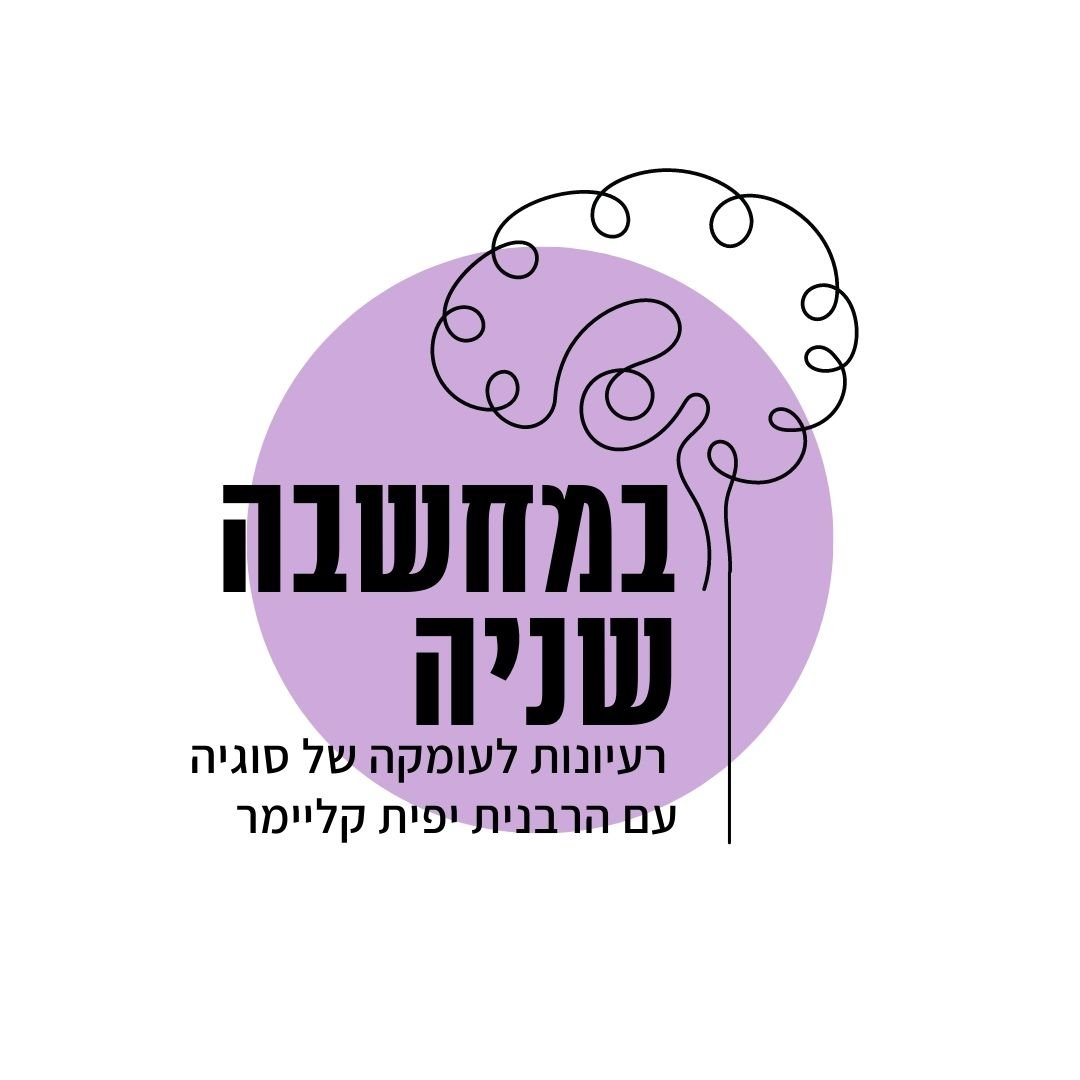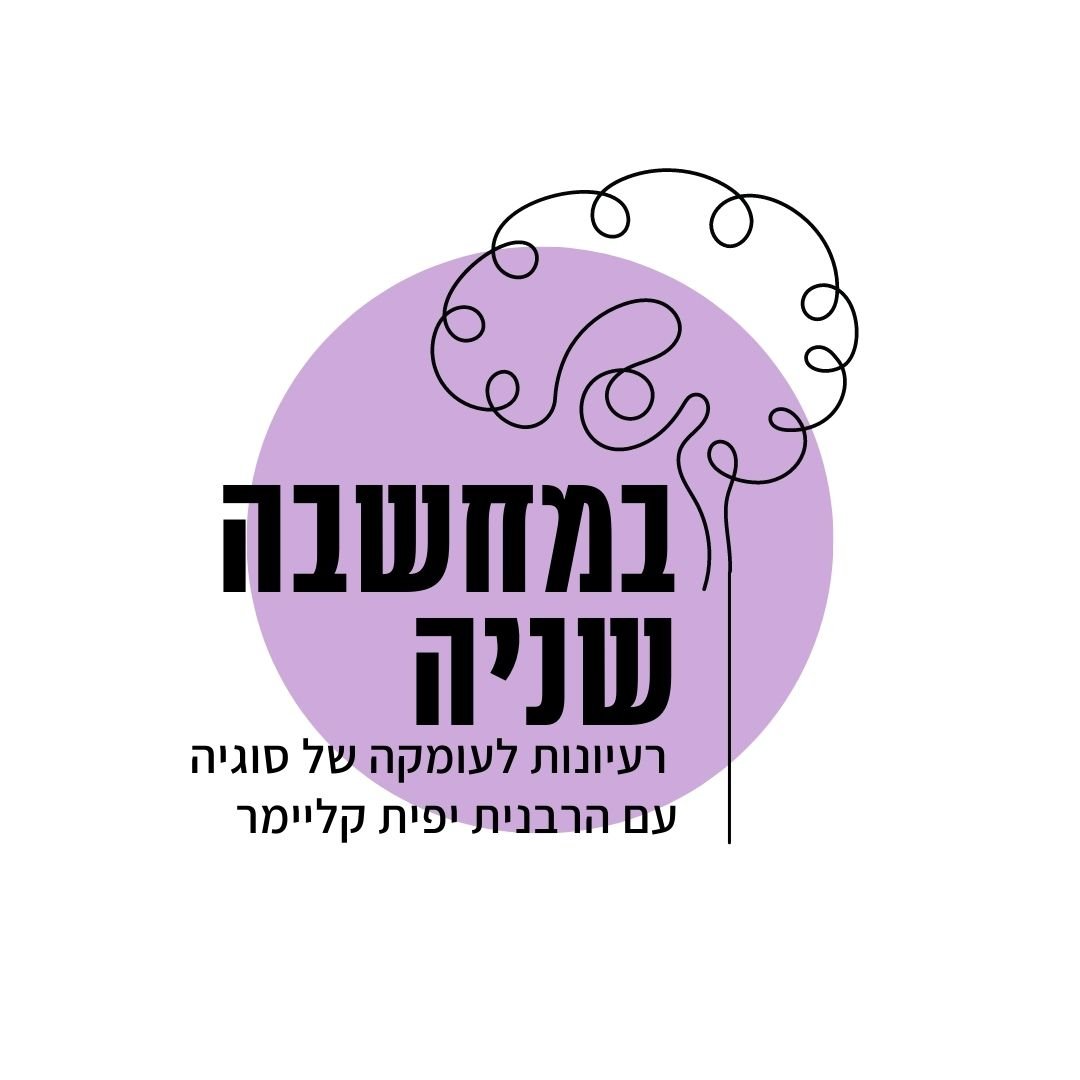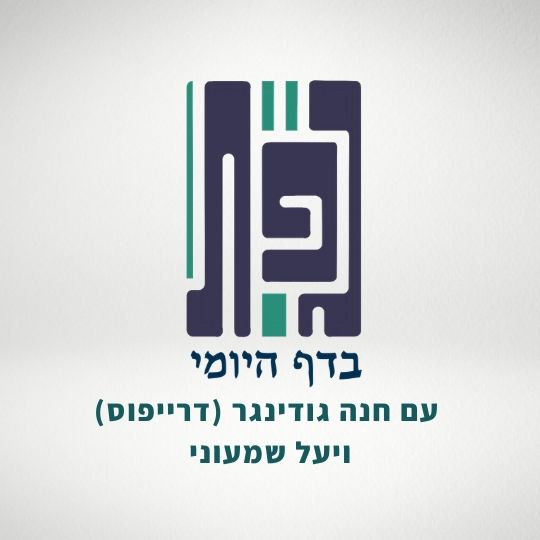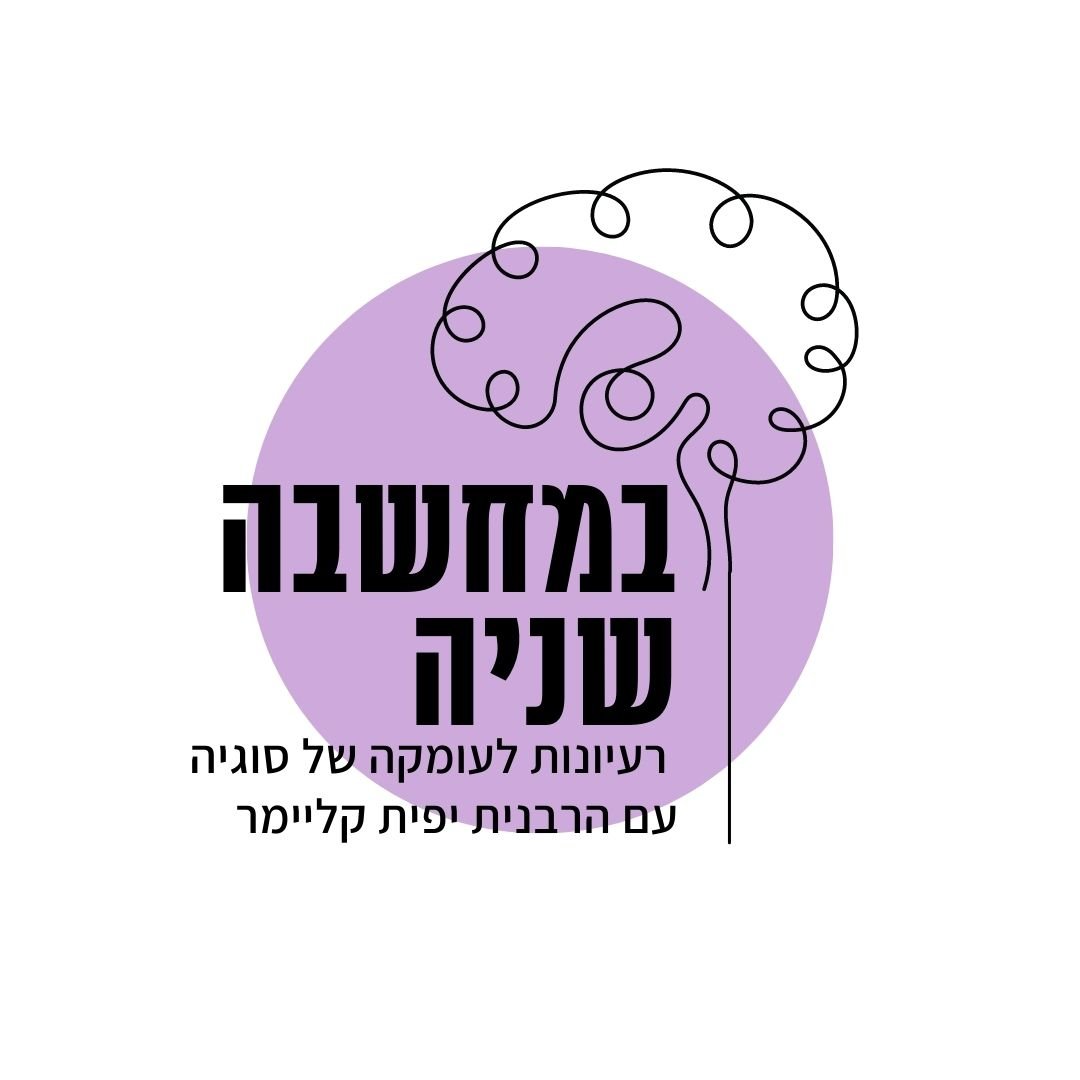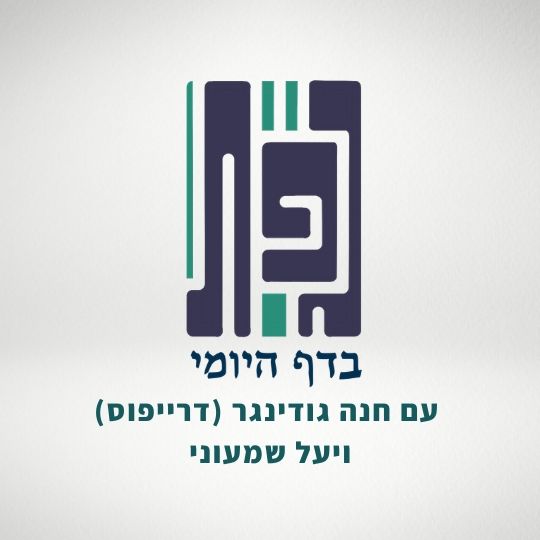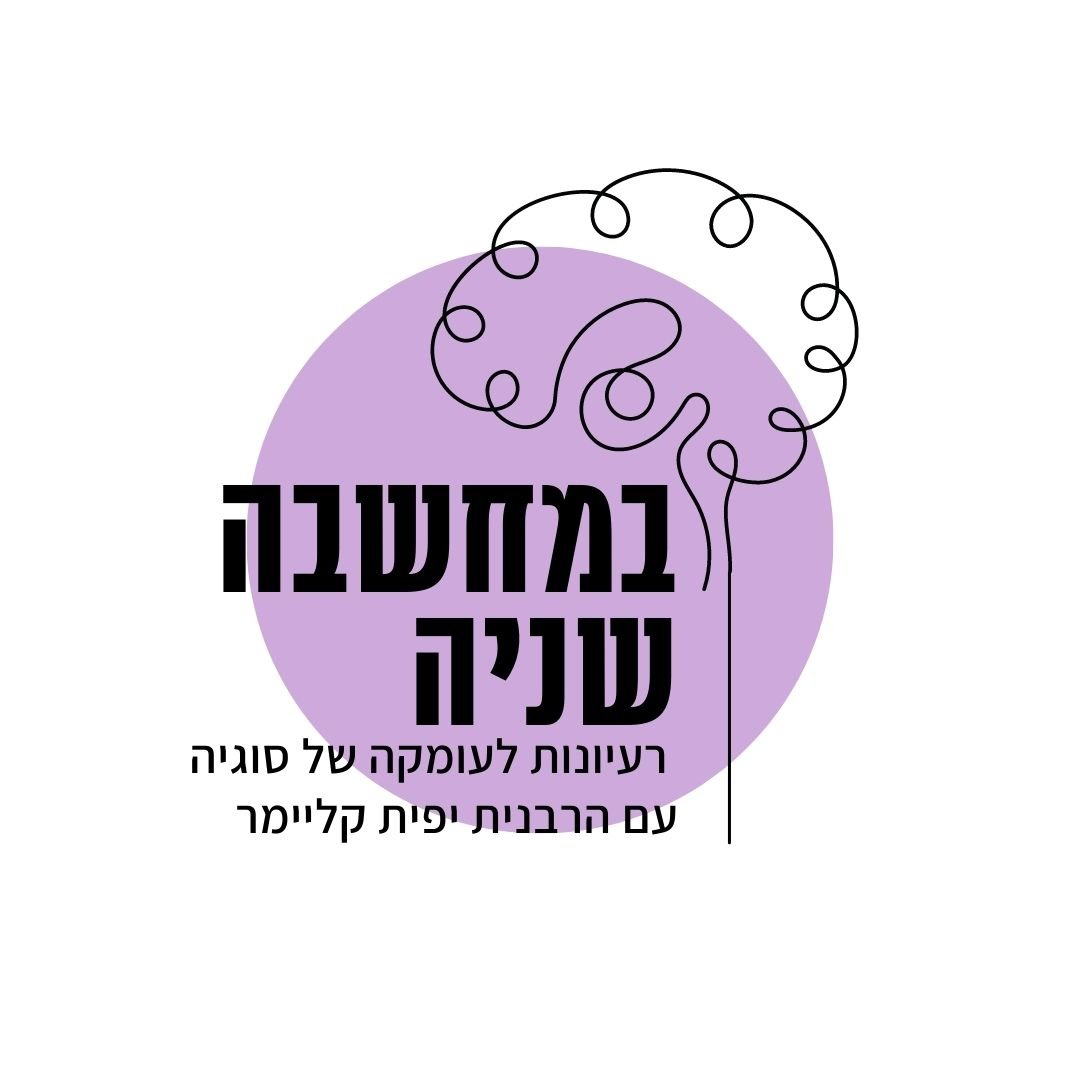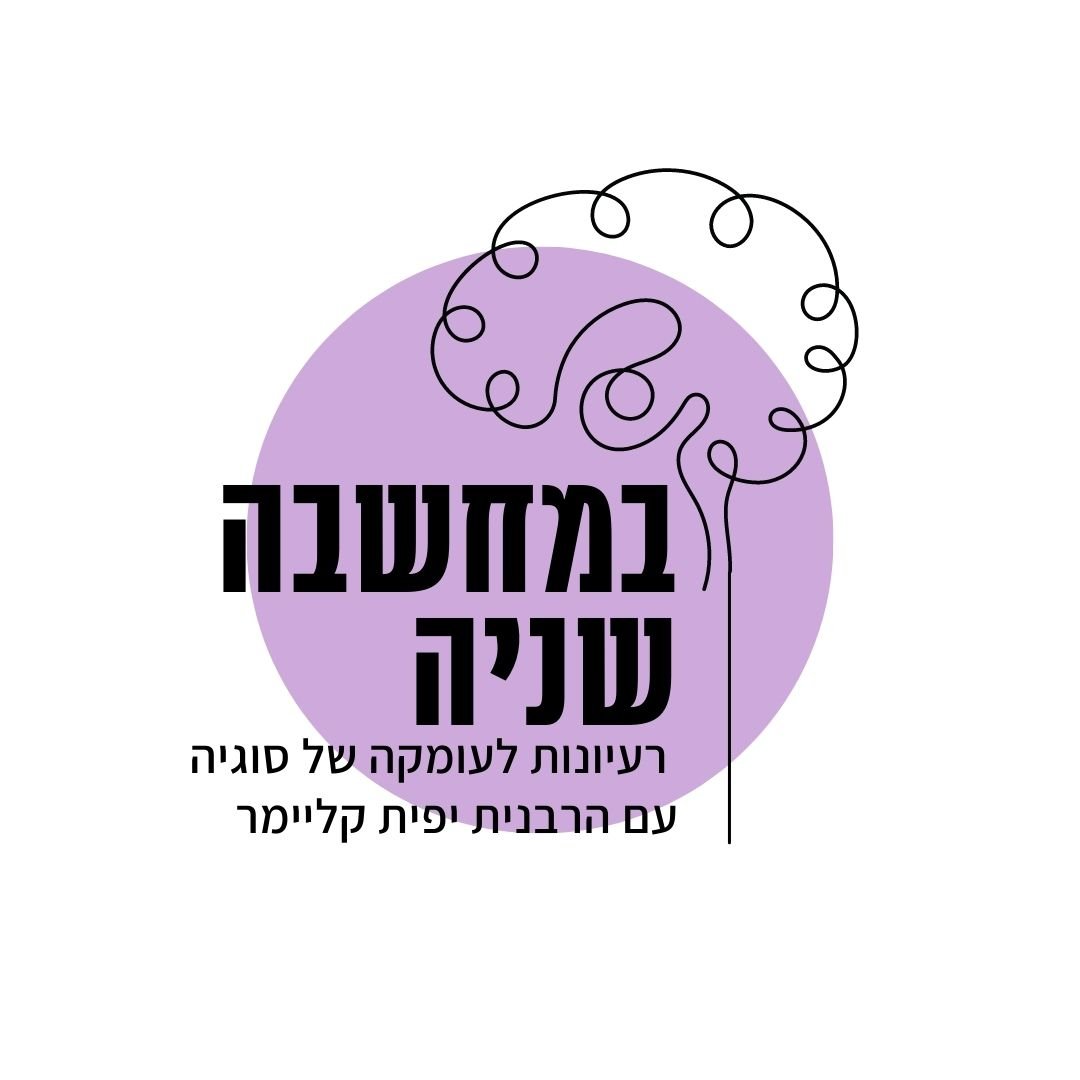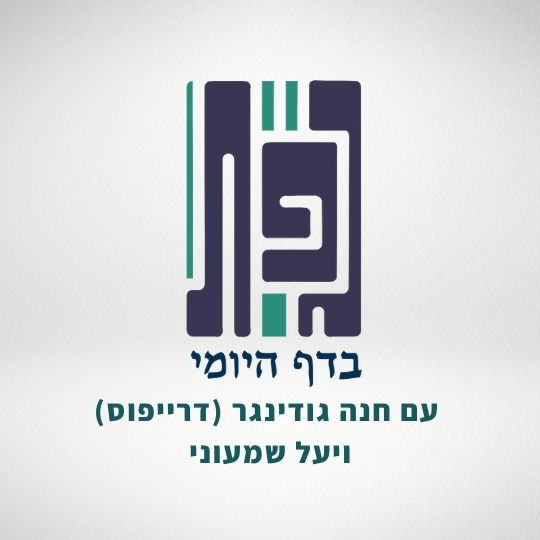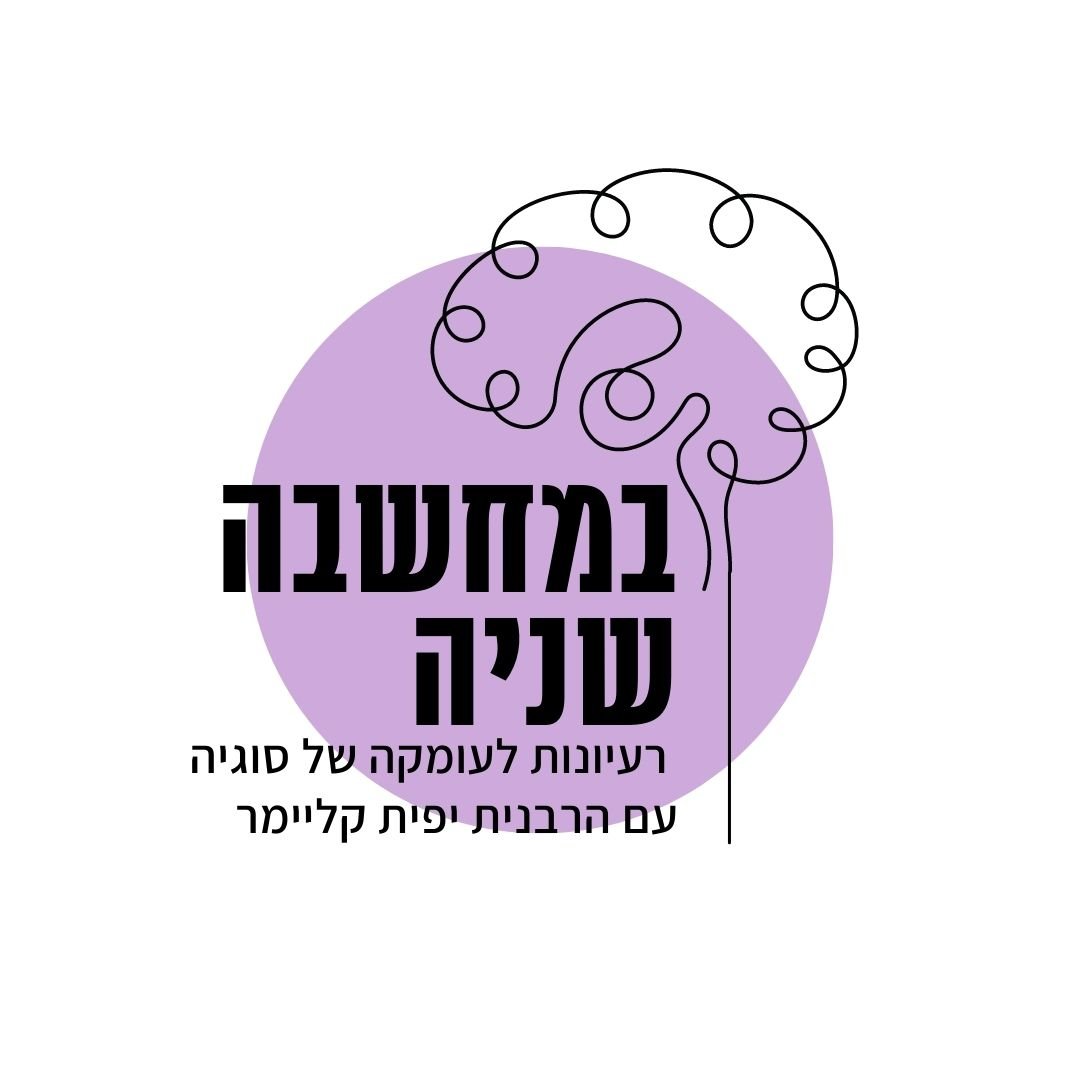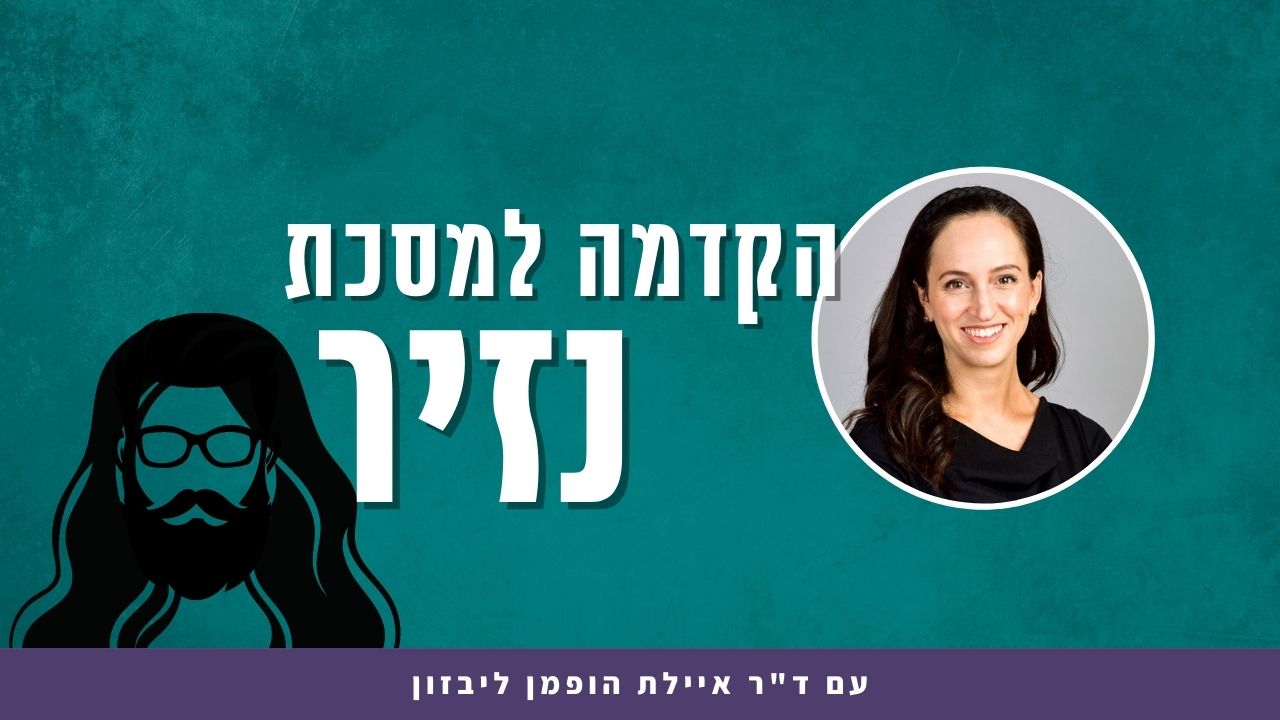נזיר כז
אֲמַר לֵיהּ: וְלִיטַעְמָיךְ, הָא דִּתְנַן: רַבָּן שִׁמְעוֹן בֶּן גַּמְלִיאֵל אוֹמֵר: הֵבִיא שָׁלֹשׁ בְּהֵמוֹת וְלֹא פֵּירֵשׁ, הָרְאוּיָה לְחַטָּאת — תִּקְרַב חַטָּאת, לְעוֹלָה — תִּקְרַב עוֹלָה, לִשְׁלָמִים — תִּקְרַב שְׁלָמִים. אַמַּאי? הָא אָמְרַתְּ: בְּהֵמָה לָאו כִּמְפוֹרֶשֶׁת דָּמְיָא!
Rav Pappa said to him: And according to your reasoning, which leads to the conclusion that all items can have the status of unallocated funds, consider that which we learned in a mishna (45a): Rabban Shimon ben Gamliel says: If one brought three different animals for his naziriteship and did not specify which was for which offering, that which is fit for a sin-offering, a ewe, is sacrificed as a sin-offering; the animal suitable for a burnt-offering, a male sheep or bull, is sacrificed as a burnt-offering; and the animal fit for a peace-offering, any other male or female, is sacrificed as a peace-offering. But according to your opinion, why is this so? Didn’t you say that an animal is not considered as allocated, but is instead like unallocated funds; how can one decide which animal to use for each offering?
אֲמַר לֵיהּ, הָתָם: ״וְלָקַח … וְעָשָׂה״.
Rav Shimi bar Ashi said to him: As for the case of birds, this is an exception, as there is an explicit verse to this effect there: It states with regard to the owner of a bird offering: “And he shall take one he-lamb for a guilt-offering to be waved, to make atonement for him, and one tenth part of an ephah of fine flour mingled with oil for a meal-offering, and a log of oil; and two turtledoves or two young pigeons, such as his means suffice for, and the one shall be a sin-offering and the other a burnt-offering” (Leviticus 14:21–22), and it later states with regard to the priest: “And he shall sacrifice one of the turtledoves, or of the young pigeons, such as his means suffice for; even such as his means suffice for, the one for a sin-offering, and the other for a burnt-offering” (Leviticus 14:30–31).
אָמַר רַחֲמָנָא: אִי בִּלְקִיחַת בְּעָלִים, אִי בַּעֲשִׂיַּית כֹּהֵן. הָכָא נָמֵי,
The Merciful One thereby states that the birds are allocated and designated for their offering either by the acquisition of the owner, by designating each bird for a particular offering upon their purchase, or by the action of the priest. With regard to the ruling of Rabban Shimon ben Gamliel, it presents no difficulty either, as it is a special case as well. Here too, when one separates these particular animals for his naziriteship offerings,
מִי מָצֵית אָמְרַתְּ הָדֵין דְּחַטָּאת תִּקְרַב עוֹלָה? הָכָא נְקֵבָה, הָכָא זָכָר.
how can you say that this one that is for the sin-offering shall be sacrificed as a burnt-offering? Here, only a female may be sacrificed as a sin-offering, whereas here, in the case of a burnt-offering, it must be male. Therefore, it is as though he allocated each animal for a specific offering. Consequently, you cannot compare this case to that of items that are not inherently designated for a particular purpose, e.g., a blemished animal or a silver bar, as they have the status of unallocated funds.
מֵתִיב רַב הַמְנוּנָא: וּמִי אָמְרִינַן בְּהֵמָה בַּעֲלַת מוּם כִּסְתוּמָה דָּמְיָא? תָּא שְׁמַע: כֵּיצַד אָמְרוּ הָאִישׁ מְגַלֵּחַ עַל נְזִירוּת אָבִיו? בִּזְמַן שֶׁהָיָה הוּא וְאָבִיו נְזִירִים, וְהִפְרִישׁ אָבִיו מָעוֹת לִנְזִירוּתוֹ וָמֵת, וְאָמַר: ״הֲרֵינִי נָזִיר עַל מְנָת שֶׁאֲגַלֵּחַ עַל מְעוֹת אַבָּא״.
§ Rav Hamnuna raised an objection against Rav Naḥman’s statement: And do we say that a blemished animal is considered like unallocated funds? Come and hear a proof to the contrary from the following baraita, which begins: How, in what case, did the Sages say that a man shaves, i.e., bring the offerings sacrificed at the end of a term of naziriteship, for his father’s naziriteship? The Gemara cites a part of that baraita which records a case where the son does not bring the offerings for his father’s naziriteship: When he and his father were both nazirites, and his father separated money for the offerings of his naziriteship and died, and the son said: I am hereby a nazirite on the condition that I will shave, i.e., bring my offerings, through the money my father set aside, in that case he cannot shave for his father’s naziriteship.
הָיוּ לוֹ מָעוֹת סְתוּמוֹת — יִפְּלוּ לִנְדָבָה. הָיְתָה לוֹ בְּהֵמָה מוּפְרֶשֶׁת חַטָּאת — תָּמוּת. עוֹלָה — תִּקְרַב עוֹלָה, וּשְׁלָמִים — יְקָרְבוּ שְׁלָמִים. מַאי לָאו, אֲפִילּוּ בַּעֲלַת מוּם?
Consequently, if the father had unallocated funds, they are allocated for communal gift offerings. If he had allocated animals, that which is for a sin-offering must be left to die, like any sin-offering whose owner has died; the animal for a burnt-offering is sacrificed as a burnt-offering, and the animal for a peace-offering is sacrificed as a peace-offering. What, is it not referring even to the case of a blemished animal, as the baraita differentiated only between money and animals? This indicates that a blemished animal is also considered allocated, which contradicts Rav Naḥman’s ruling.
לֹא, תְּמִימָה. אֲבָל בַּעֲלַת מוּם, כִּסְתוּמָה דָּמְיָא? מַאי אִירְיָא מָעוֹת? לֵימָא: הָיְתָה לוֹ בְּהֵמָה בַּעֲלַת מוּם — יִפְּלוּ לִנְדָבָה!
The Gemara rejects this suggestion: No; it is referring only to an unblemished animal, which is considered allocated because it is suitable for an offering itself. The Gemara asks: However, if that is so, is a blemished animal considered like unallocated funds? In that case, why does the baraita specifically distinguish between animals and unallocated funds? Let the baraita say as follows: If he had a blemished animal its money is allocated for communal gift offerings. The baraita would thereby distinguish between two similar cases that involve animals, from which one could infer the halakha of unallocated funds.
הָכִי נָמֵי, בַּעֲלַת מוּם לְמַאי קַדִּישָׁא — לִדְמֵי, דְּמֵי הַיְינוּ — מָעוֹת.
The Gemara answers: So too, this is the meaning of the baraita, and there is no difference between a blemished animal and money. The Gemara clarifies this claim: For what purpose is a blemished animal consecrated? It is for the value of its sale, and this value is provided in money. Consequently, this baraita does not refute Rav Naḥman’s opinion that the halakha of a blemished animal is like that of unallocated funds.
מֵתִיב רָבָא: ״קׇרְבָּנוֹ״, בְּקׇרְבָּנוֹ הוּא יוֹצֵא, וְאֵינוֹ יוֹצֵא בְּקׇרְבַּן אָבִיו. יָכוֹל לֹא יֵצֵא בְּקׇרְבָּנוֹ שֶׁל אָבִיו שֶׁהִפְרִישׁ מִן הַקַּלָּה עַל הַחֲמוּרָה, אוֹ מִן הַחֲמוּרָה עַל הַקַּלָּה,
§ Rava also raises an objection against Rav Naḥman’s opinion, from a baraita that deals with sin-offerings. The Torah states: “And he shall bring for his offering” (Leviticus 4:23), which indicates: He fulfills his obligation with his own offering, but he does not fulfill his obligation with his father’s offering, if his father was obligated to bring a sin-offering and died after separating an animal for this purpose. One might have thought that one does not fulfill his obligation with an offering that his father separated only in a case where the son’s transgression is not equal in severity to that of his father’s sin, e.g., sacrificing his offering from animals that his father designated to atone for a minor transgression to atone for his own major transgression, or from animals that his father designated to atone for a major transgression, to atone for his own minor transgression.
אֲבָל יוֹצֵא בְּקׇרְבָּן שֶׁהִפְרִישׁ אָבִיו מִן הַקַּלָּה עַל הַקַּלָּה אוֹ מִן הַחֲמוּרָה עַל הַחֲמוּרָה — תַּלְמוּד לוֹמַר: ״קׇרְבָּנוֹ״, ״קׇרְבָּנוֹ״. בְּקׇרְבָּנוֹ הוּא יוֹצֵא, וְאֵינוֹ יוֹצֵא בְּקׇרְבָּנוֹ שֶׁל אָבִיו.
However, one might have thought that he does fulfill his obligation with an offering that his father separated if it is from animals his father set aside to atone for a minor transgression and the son atones for his own minor one, or from animals the father set aside to atone for a major transgression and the son atones for his own major one. Therefore, the verse states: “His offering” (Leviticus 4:23), and it repeats: “His offering” (Leviticus 4:28), to emphasize that he fulfills his obligation with his own offering, and he does not fulfill his obligation with his father’s offering even for similar transgressions.
יָכוֹל לֹא יֵצֵא בְּקׇרְבַּן אָבִיו בִּבְהֵמָה שֶׁהִפְרִישׁ אֲפִילּוּ מִן הַקַּלָּה עַל הַקַּלָּה, מִן הַחֲמוּרָה עַל הַחֲמוּרָה, שֶׁהֲרֵי אֵין אָדָם מְגַלֵּחַ עַל בֶּהֱמַת אָבִיו בִּנְזִירוּת, אֲבָל יוֹצֵא בְּמָעוֹת שֶׁהִפְרִישׁ אָבִיו, אֲפִילּוּ מִן הַחֲמוּרָה עַל הַקַּלָּה, אוֹ מִן הַקַּלָּה עַל הַחֲמוּרָה, שֶׁהֲרֵי אָדָם מְגַלֵּחַ עַל מְעוֹת אָבִיו בִּנְזִירוּת,
The baraita continues: One might have thought that a son does not fulfill his obligation with his father’s offering, i.e., with an animal that his father separated, even from animals that his father designated to atone for a minor transgression, to atone for the son’s minor one, or from animals the father set aside to atone for a major transgression, to atone for the son’s major one, as stated above, as a person cannot shave, i.e., bring an offering, for naziriteship with his father’s animal. Consequently, the halakhot of inheritance do not apply to this animal. However, it is nevertheless possible that a son can fulfill his obligation by purchasing a sin-offering with money that his father separated for his own sin-offering, even from money the father set aside to atone for a major transgression in a case where the son is atoning for a minor transgression, or from money the father set aside to atone for a minor transgression in a case where the son is atoning for a major one, as a person can shave, i.e., purchase an offering, with the money his father set aside for naziriteship,

